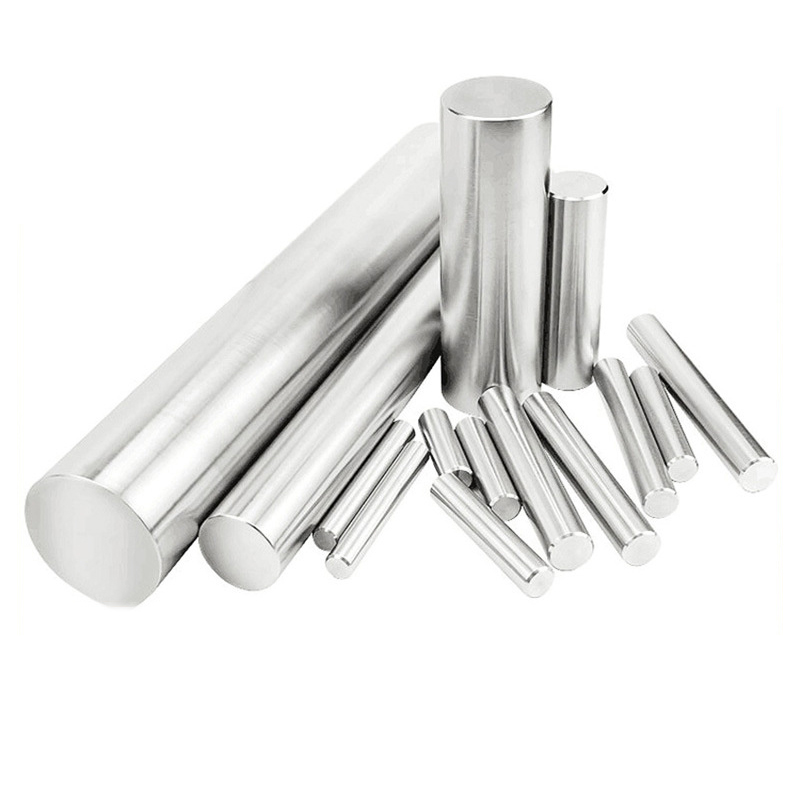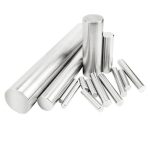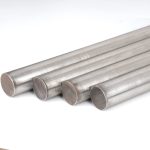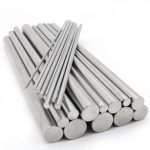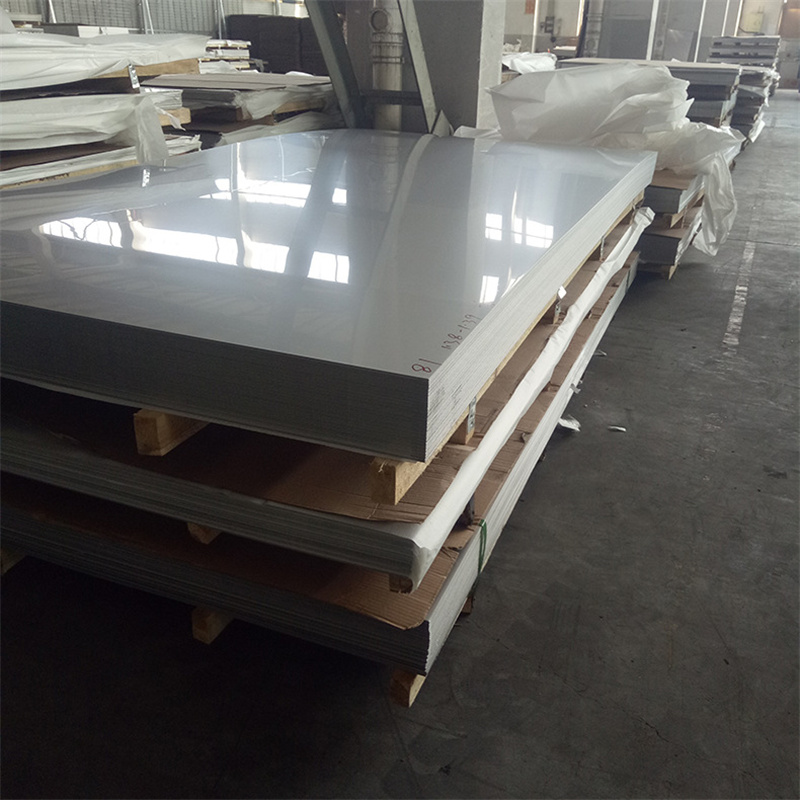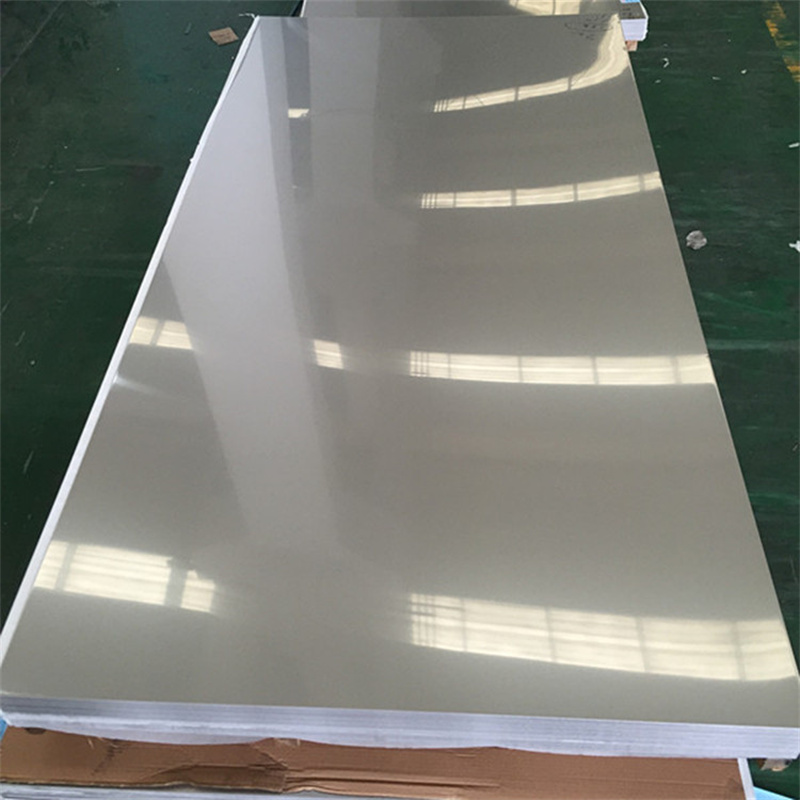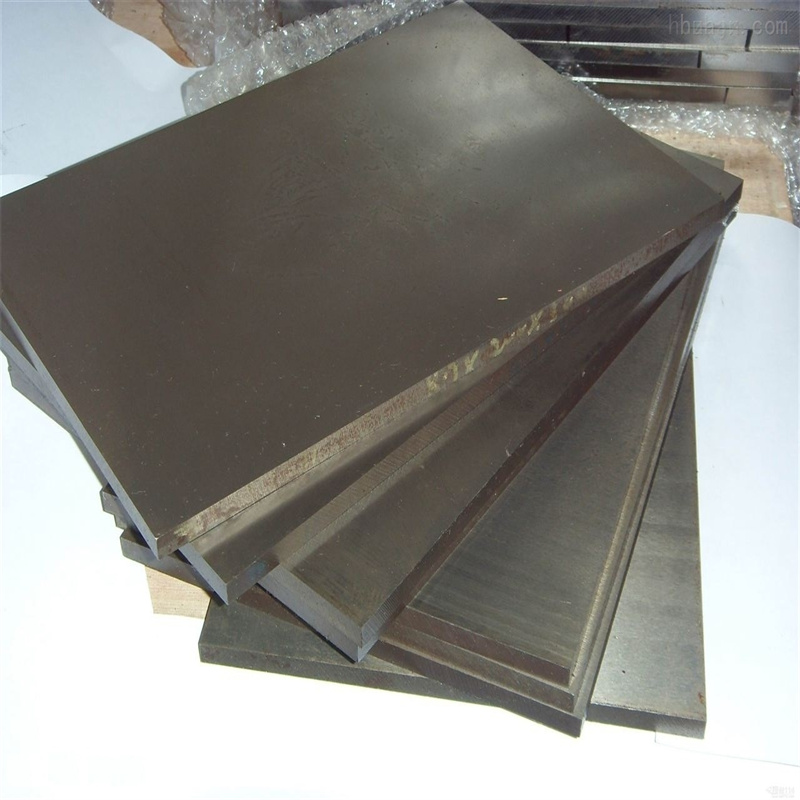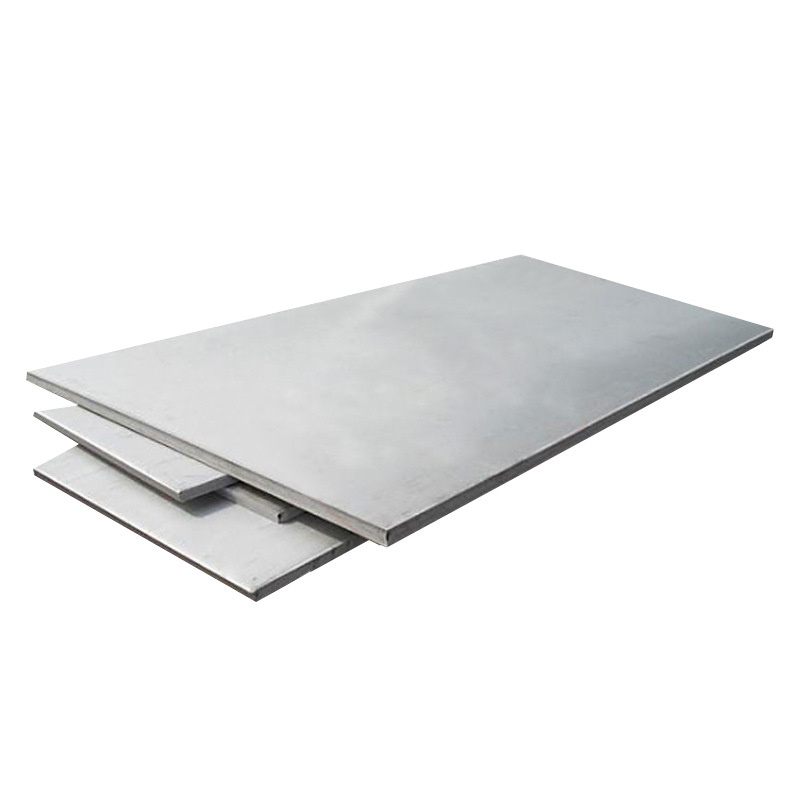Hastelloy C4 Rod
The exceptional corrosion resistance of Hastelloy C4 Rod makes it an excellent choice for use in harsh chemical environments, including sulfuric acid, hydrochloric acid, and other highly aggressive media. Its inherent resistance to stress corrosion cracking and pitting corrosion provides added durability and longevity, even under the most extreme conditions.
Hastelloy C4 Rod's exceptional high-temperature strength and stability make it suitable for use in high-temperature applications, such as gas turbine components, furnace elements, and other high-performance equipment. It maintains its mechanical properties at elevated temperatures, even in the presence of oxygen and other oxidizing agents.
The material's excellent weldability and fabricability enable it to be easily formed, welded, and machined into a variety of shapes and sizes. This flexibility in processing allows Hastelloy C4 Rod to be used in a range of industrial applications, including the oil and gas industry, chemical processing, power generation, and aerospace.
In conclusion, Hastelloy C4 Rod offers an unparalleled combination of corrosion resistance, high-temperature strength, weldability, and fabricability. Its adaptability and reliability make it an excellent choice for a wide range of industrial applications where performance and durability are critical.
| Product Name: Hastelloy C4 Rod |
| Chemical Composition |
| Ni | Cr | Fe | C | Mn | Si | Mo | Co | Ti | P | S | |
| Min | Balance | 14.5 | 14.0 | ||||||||
| Max | 17.5 | 3.0 | 0.009 | 1.0 | 0.05 | 17.0 | 2.0 | 0.7 | 0.02 | 0.01 |
| Mechanical Properties | Hastelloy C4 Rod exhibits excellent mechanical properties, making it suitable for a range of load-bearing applications. It has a high tensile strength, good fatigue resistance, and good creep resistance even at elevated temperatures. The typical yield strength of Hastelloy C4 Rod ranges from 200 ksi to 250 ksi, while the tensile strength ranges from 290 ksi to 330 ksi. |
| Corrosion Resistance | Hastelloy C4 Rod offers exceptional resistance to a wide range of corrosive environments, including acids, bases, and oxidizing solutions. It is highly resistant to chloride-ion stress corrosion cracking, making it an excellent choice for applications where exposure to chloride-containing media is unavoidable. |
| Temperature Resistance | Hastelloy C4 Rod can withstand high temperatures without significant loss in mechanical properties or corrosion resistance. It has good thermal stability up to 1800°F (982°C), making it suitable for use in high-temperature applications. |
| Weldability | Hastelloy C4 Rod is amenable to welding and can be joined using a variety of welding processes. However, it requires special attention during welding to avoid excessive heat input, which can lead to loss of mechanical properties or corrosion resistance. Proper welding procedures and post-weld heat treatment are essential to ensure the integrity of Hastelloy C4 Rod welds. |




